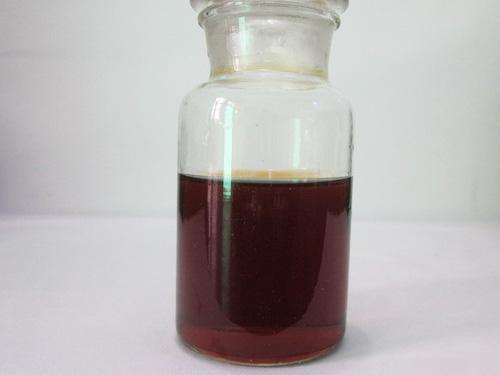industrial flocculant
Understanding Industrial Flocculants Their Importance and Applications
Industrial flocculants are essential chemical agents used in various industries to promote the agglomeration of fine particles in a liquid. By facilitating the formation of larger aggregates, or flocs, these substances enhance the efficiency of processes such as sedimentation, filtration, and clarification. The use of flocculants is pivotal in sectors such as water treatment, mining, and wastewater management, where the separation of solids from liquids is crucial.
At the core of flocculant chemistry are the polymers that are designed to bridge between particle surfaces. These polymers can be categorized into two main types organic and inorganic. Organic flocculants, primarily made from natural and synthetic polyacrylamides, are widely used due to their effectiveness and versatility. They can be tailored to meet specific requirements depending on the characteristics of the particles suspended in the liquid. Inorganic flocculants, such as aluminum sulfate and iron salts, offer advantages in certain applications, particularly in municipal water treatment where their wide availability and cost-effectiveness are beneficial.
One of the primary applications of industrial flocculants is in water and wastewater treatment. They play a critical role in the removal of suspended solids, turbidity, and other contaminants from water, thereby improving its quality. In municipal wastewater treatment plants, flocculants aid in primary and secondary treatment processes, resulting in a clear effluent that meets regulatory standards. The effectiveness of flocculants in these systems can significantly reduce the operational costs associated with downstream processes like filtration and disinfection.
industrial flocculant

In the mining industry, flocculants are utilized during the extraction and processing of minerals. They help in the clarification of mineral slurries, enhance the recovery rates of valuable minerals, and reduce the volume of waste tailings. By promoting the settling of solids, flocculants diminish the environmental impact of mining operations and support sustainable practices.
Moreover, the food and beverage industry also takes advantage of industrial flocculants
. They are used in the clarification process of juices and beverages, where they assist in removing haze-causing particles, ensuring a clear and appealing product for consumers. The use of flocculants ensures that companies can produce high-quality products while maintaining efficiency in their processing operations.However, while industrial flocculants offer numerous benefits, it is crucial to handle them with care. Environmental considerations must be taken into account, as some synthetic flocculants can have adverse effects on aquatic life if released into natural water bodies. Therefore, it’s vital for industries to implement proper management and disposal practices to mitigate any potential risks.
In conclusion, industrial flocculants play a fundamental role in numerous applications across various industries. Their ability to enhance particle agglomeration helps improve efficiency and reduces operational costs, making them indispensable in water treatment, mining, and food production. As industries continue to evolve and face new environmental challenges, the development of safer and more effective flocculants will be essential for sustainable practices and overall efficiency in operations.
-
Understanding Polycarboxylic Acids: Properties, Applications, and Future PotentialNewsJul.28,2025
-
Scale Inhibitor Explained: How to Protect Your System from Limescale and Hard Water DamageNewsJul.28,2025
-
Scale and Corrosion Inhibitors: Essential Chemicals for Industrial Water System ProtectionNewsJul.28,2025
-
Polyaspartic Acid: A Biodegradable Polymer for Sustainable ChemistryNewsJul.28,2025
-
Isothiazolinones: A Versatile Antimicrobial Class with Industrial Power and Regulatory ChallengesNewsJul.28,2025
-
A Deep Dive into 2-Phosphonobutane-1,2,4-Tricarboxylic Acid (PBTC)NewsJul.28,2025





